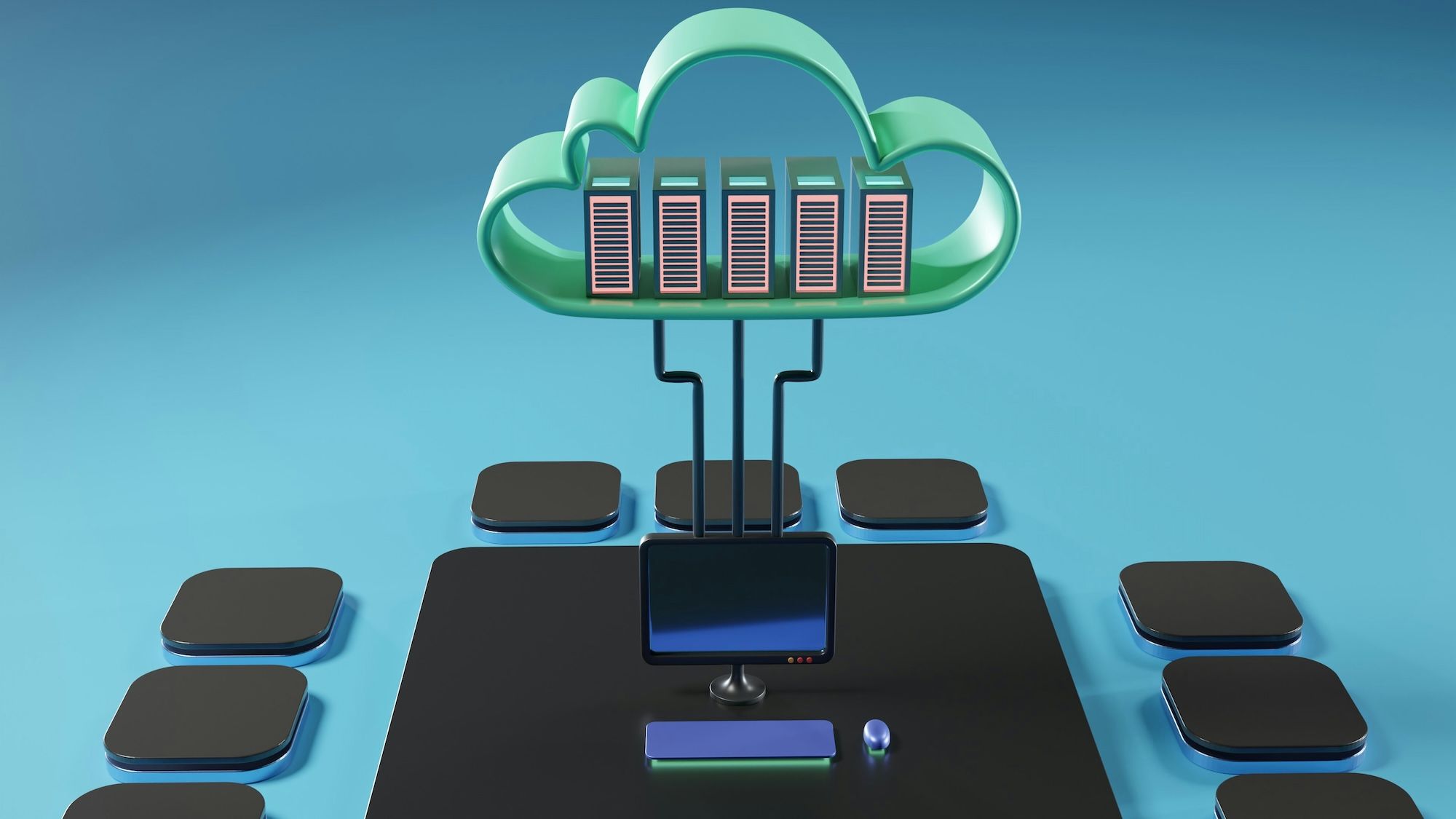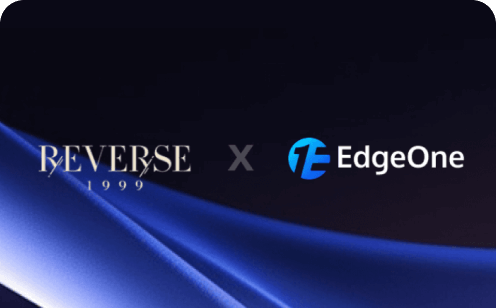Cloud Computing Giants: GCP vs AWS vs Azure - A Comprehensive Comparison
In the rapidly evolving landscape of cloud computing, three titans reign supreme: Google Cloud, Amazon AWS, and Microsoft Azure. These cloud platforms offer a comprehensive suite of services and capabilities, empowering organizations to transform their digital infrastructure.
Cloud computing has revolutionized how businesses operate, ushering in a new technological paradigm. Google Cloud Platform (GCP), Amazon Web Services (AWS), and Microsoft Azure are at the forefront of this global digital transformation.

Enterprises are increasingly embracing cloud technologies, with many adopting multi-cloud strategies to maximize their technological advantages. Key benefits include:
- Reduced capital expenditures
- Minimized infrastructure maintenance
- Enhanced availability and reliability
- Flexible, on-demand resource scaling
- Lower operational costs
- Seamless remote collaboration
- Cross-device compatibility
- Optimized performance and speed
- Advanced security features
- Access to cutting-edge technologies
Each of the big three cloud providers brings unique strengths to the table. The question remains: Which platform best suits your organization's specific needs?
Amazon Web Services (AWS)
Amazon Web Services (AWS) represents a groundbreaking cloud computing platform that has fundamentally transformed the digital infrastructure landscape since its inception. As a pioneering solution in cloud technology, AWS offers an extensive suite of scalable, flexible, and innovative computing services that empower businesses, governments, and individual developers to leverage advanced technological resources without substantial upfront infrastructure investments.
The genesis of AWS can be traced back to Amazon's internal technological infrastructure, where the company developed robust cloud computing capabilities to support its massive e-commerce operations. In 2006, recognizing the immense potential of cloud technologies, Amazon strategically transformed its internal platform into a publicly accessible cloud service. This pivotal moment marked the beginning of a revolutionary approach to computing resources, introducing services like Amazon S3 for cloud storage and Elastic Compute Cloud (EC2) for scalable computing power.
AWS's remarkable growth trajectory is a testament to its technological prowess and strategic vision. The platform has expanded exponentially, now offering over 200 fully featured services that cater to diverse technological needs. Its market dominance is evident in industry statistics, with AWS capturing approximately one-third of global cloud computing expenditures. In 2023, the platform contributed an impressive 54% to Amazon's total revenue, underscoring its significance beyond a mere subsidiary service.
The platform's global impact extends across multiple industries, attracting a diverse clientele of multinational corporations, innovative startups, and government institutions. Renowned organizations such as Netflix, Expedia, Coinbase, Formula 1, Coca-Cola, Intuit, Airbnb, Lyft, and Coursera have integrated AWS into their technological infrastructure, leveraging its scalable and secure cloud solutions to drive digital transformation and operational efficiency.
Microsoft Azure
Microsoft Azure represents a comprehensive and sophisticated cloud computing platform developed by Microsoft, offering a robust ecosystem of integrated cloud services that cater to diverse technological needs of modern enterprises. As a pioneering cloud solution, Azure provides a multifaceted approach to digital infrastructure, encompassing infrastructure as a service (IaaS), platform as a service (PaaS), and software as a service (SaaS) across multiple domains including analytics, virtual computing, storage, networking, and advanced technological services.
Originally launched in 2010 under the name "Azure," the platform was rebranded as "Microsoft Azure" in 2014, though the original name remains widely recognized in technological circles. Since its inception, Azure has rapidly evolved to become a critical infrastructure solution for numerous global enterprises across various industries.
The platform's versatility is demonstrated by its impressive client portfolio, which includes multinational corporations from diverse sectors. Prominent organizations such as Bosch, Audi, HSBC, Starbucks, Walgreens, 3M, FedEx, Walmart, HP, Mitsubishi Electric, and Renault have integrated Azure into their technological ecosystems, leveraging its powerful cloud capabilities for digital transformation, data management, and innovative computational solutions.
Azure's comprehensive service offering extends beyond traditional cloud computing, providing advanced capabilities in artificial intelligence, machine learning, blockchain, Internet of Things (IoT), and quantum computing. Its seamless integration with existing Microsoft technologies like Windows Server, Active Directory, and Microsoft 365 makes it an attractive solution for enterprises already invested in the Microsoft technological ecosystem.
Google Cloud Platform (GCP)
Google Cloud Platform (GCP) has emerged as a dynamic and rapidly evolving cloud service provider in the competitive landscape of cloud computing. While traditionally positioned as the smallest among the big three cloud providers—AWS, Azure, and GCP—the platform has been demonstrating remarkable growth and strategic expansion in recent years.
According to industry reports, GCP has been experiencing an impressive market share growth rate of 54%, outpacing many of its competitors in terms of expansion velocity. This remarkable performance is underpinned by Google's robust technological infrastructure and innovative cloud solutions. The company's strategic projections indicate an anticipated business growth of approximately 20% in 2024, reflecting strong market confidence and continued technological advancement.
GCP's comprehensive service portfolio encompasses over 200 specialized services spanning critical technological domains such as computing, networking, big data analytics, artificial intelligence, and machine learning. Beyond traditional cloud infrastructure, the platform integrates seamlessly with Google's ecosystem, offering unique services like Google Workspace, enterprise Android solutions, and Chrome OS management tools that provide significant value to businesses seeking integrated cloud experiences.
The platform's credibility is further reinforced by its impressive roster of global enterprise customers. Major multinational corporations across diverse industries have embraced GCP's technological capabilities, including automotive giants like Toyota, consumer goods leaders such as Unilever, entertainment powerhouses like Nintendo and Spotify, retail innovators including The Home Depot and Target, technology platforms like Twitter and PayPal, and logistics leaders such as UPS.
Comparison: Regions and Availability Zones
In cloud computing, regions and availability zones are critical infrastructure concepts that ensure high availability, fault tolerance, and geographic distribution of cloud services. Cloud computing regions are geographic areas with multiple data centers located strategically to provide cloud services. These regions help users access services quickly and comply with local regulations. Each region is independent and covers different parts of the world, such as North America, Europe, and Asia.
Within a region, availability zones are separate data centers with independent infrastructure. These zones are close to each other but physically distinct. If one zone fails, others can continue operating, ensuring service reliability. The data centers contain servers, storage systems, and networking equipment that support cloud services.
According to the latest data from their official website (Azure | GCP | AWS), Microsoft Azure leads the cloud infrastructure market with over 60 regions and 300+ data centers, surpassing any other cloud provider in global coverage. Google Cloud follows closely behind, with 40 regions and 121 availability zones, continuously expanding its network. Amazon Web Services (AWS) operates 108 availability zones across 34 geographic regions, with ongoing plans to add more regions and zones.
Comparison: Features
Google Cloud, Amazon AWS, and Microsoft Azure offer over 200 features and products. The following table provides a concise comparative overview for reference.
| Details | AWS | Azure | GCP |
| Compute Services | AWS Beanstalk Amazon EC2 Amazon EC2 Auto-Scaling Amazon Elastic Container Registry Amazon Elastic Kubernetes Service Amazon Lightsail AWS Serverless Application Repository VMware Cloud for AWS AWS Batch AWS Fargate AWS Lambda AWS Outposts Elastic Load Balancing | Platform-as-a-service (PaaS) Function-as-a-service (FaaS) Service Fabric Azure Batch Cloud Services Container Instances Batch Azure Container Service (AKS) Virtual Machines Compute Engine Virtual Machine Scale Sets | App Engine Docker Container Registry Instant Groups Compute Engine Graphics Processing Unit (GPU) Knative Kubernetes Functions |
| Storage Services | Simple Storage Service (S3) Elastic Block Storage (EBS) Elastic File System (EFS) Storage Gateway Snowball Snowball Edge Snowmobile | Blob Storage Queue Storage File Storage Disk Storage Data Lake Store | Cloud Storage Persistent Disk Transfer Appliance Transfer Service |
| Database Services | Aurora RDS DynamoDB ElastiCache Redshift Neptune Database Migration Service | SQL Database Database for MySQL Database for PostgreSQL Data Warehouse Server Stretch Database Cosmos DB Table Storage Redis Cache Data Factory | Cloud SQL Cloud Bigtable Cloud Spanner Cloud Datastore |
| Networking | Amazon Virtual Private Cloud (VPC) | Azure Virtual Network (VNET) | Cloud Virtual Network |
| Security | AWS Security Hub | Azure Security Center | Cloud Security Command Center |
| Documentation | Best in Class | High Quality | High Quality |
| File Storage | EFS | Azure Files | ZFS and Avere |
| DNS Services | Amazon Route 53 | Azure Traffic Manager | Cloud DNS |
| Pricing/Discount Options | One-year free trial along with a discount of up to 72% for a 1-3 year commitment | Up to 90% discount compared to the pay-as-you-go pricing model for a commitment ranging from one to three years | GCP offers a 30% discount on the monthly expense of utilizing a single GPU |
Considerations of AWS, Azure, and Google Cloud
When choosing a cloud computing platform, the strengths and limitations of three major cloud service providers need to be considered.
Amazon Web Services (AWS) stands out as the most comprehensive and mature cloud service platform. Its extensive ecosystem offers unparalleled breadth, ranging from networking infrastructure to advanced robotics solutions. AWS excels in reliability and security, providing robust computing power that surpasses its competitors. However, this complexity comes with challenges. The platform's vast array of services can overwhelm beginners, and most enterprise-level software applications require paid subscriptions. Additionally, AWS offers fewer hybrid cloud options compared to its competitors, which may limit flexibility for some organizations.
Microsoft Azure differentiates itself through seamless integration with existing Microsoft services and a strong focus on enterprise solutions. The platform provides an impressive range of services, particularly in artificial intelligence, machine learning, and analytics. Azure's pricing is often more competitive than AWS and Google Cloud, making it an attractive option for cost-conscious organizations. Its robust support for hybrid cloud strategies is a significant advantage. Nevertheless, Azure has fewer service options compared to AWS and is primarily designed with enterprise customers in mind, which might not suit smaller businesses or startups with different requirements.
Google Cloud Platform brings unique strengths to the cloud computing market, particularly in containerized workloads and compatibility with other Google services. Its innovative approach and deep expertise in technologies like Kubernetes make it an attractive option for modern, cloud-native applications. However, Google Cloud currently lags behind AWS and Azure in terms of service breadth and enterprise support. The limited number of services and fewer enterprise use case solutions could be potential drawbacks for organizations seeking a comprehensive cloud ecosystem.
In conclusion, each cloud platform offers distinct advantages and limitations. AWS provides the most comprehensive service range, Azure excels in enterprise integration, and Google Cloud shines in containerization and innovation. The optimal choice depends on specific organizational needs, existing technology infrastructure, budget constraints, and long-term strategic goals. Businesses should carefully evaluate their requirements and conduct thorough testing before committing to a cloud service provider.
Which Cloud Platform Should I Choose?

Microsoft Azure, Amazon Web Services (AWS), and Google Cloud Platform (GCP) represent the three most prominent cloud computing solutions, each offering unique strengths and specialized services. While all three providers deliver robust cloud infrastructure, scalability, and advanced technologies, the ideal choice depends on a comprehensive evaluation of your specific business requirements, existing technology stack, budget constraints, and long-term strategic objectives.
Azure stands out for its seamless integration with Microsoft ecosystem products, making it particularly attractive for enterprises already heavily invested in Microsoft technologies like Windows Server, Active Directory, and Office 365. Its hybrid cloud capabilities and strong enterprise-level security features make it an excellent choice for traditional businesses undergoing digital transformation.
AWS, as the market leader, offers the most extensive range of services, with unparalleled global infrastructure and a mature ecosystem of tools and third-party integrations. It excels in providing comprehensive solutions for startups, mid-sized businesses, and large enterprises across various industries.
Google Cloud Platform, meanwhile, distinguishes itself through cutting-edge machine learning, artificial intelligence capabilities, and superior data analytics tools, making it especially appealing for technology-driven companies and those focusing on innovative, data-intensive applications.
For organizations seeking maximum flexibility, a multi-cloud strategy emerges as an increasingly popular approach. This strategy allows businesses to leverage the unique strengths of each cloud provider, mitigating vendor lock-in risks and optimizing performance, cost, and technological capabilities. When evaluating cloud solutions, companies should conduct a thorough assessment that considers factors such as pricing models, compliance requirements, geographical data center locations, specific service offerings, and potential future scalability needs. Ultimately, there is no one-size-fits-all solution; the most suitable cloud strategy will be tailored to an organization's specific use case, technological ecosystem, and strategic vision.
Tencent Cloud: The Ideal Alternative for Small to Medium Enterprises
Tencent Cloud has established itself as a formidable player in the global cloud computing landscape. Operating across 21 geographical regions with more than 58 availability zones worldwide, it delivers enterprise-grade cloud solutions that rival industry leaders.
At the forefront of Tencent's cloud innovation is EdgeOne, a cutting-edge integrated platform that seamlessly merges security and performance capabilities. This comprehensive solution harnesses Tencent Cloud's vast infrastructure to provide an array of essential services: high-performance content delivery (CDN), robust DDoS protection, advanced Web Application Firewall (WAF), sophisticated bot management, and enterprise-level API security. Through its strategically positioned edge nodes, EdgeOne ensures exceptional low-latency performance while maintaining stringent security standards, including state-of-the-art SSL/TLS encryption, AI-powered threat detection, and instantaneous attack response mechanisms.
Conclusion
In the wave of digital transformation, cloud computing has become an indispensable strategic infrastructure for modern enterprises. The three cloud computing giants - GCP, AWS, and Azure - each have their unique characteristics, continuously breaking through technological innovations and engaging in fierce competition in the global market. Choosing a cloud service provider is not a simple either-or decision, but requires enterprises to conduct an in-depth assessment of their own needs, technological ecosystem, cost-effectiveness, and future development potential.
Whether for startups or large enterprises, cloud computing provides unprecedented flexibility and scalability. The continuous innovation of these three platforms not only drives the development of cloud technology but also provides powerful technical support for digital transformation of global enterprises. In the future, cloud computing competition will become more intense, but ultimately, the beneficiaries will be enterprises and users who continuously break through themselves by leveraging these innovative technologies.
If you're looking to optimize media delivery and management efficiency, enhance site security, or create a modern, high-performance global access experience, EdgeOne provides comprehensive and flexible solutions. With EdgeOne Pages, you can quickly build and deploy modern websites and serverless applications, addressing diverse enterprise needs on a single platform. Explore our product features and start a free trial to drive your business growth with innovative solutions.

